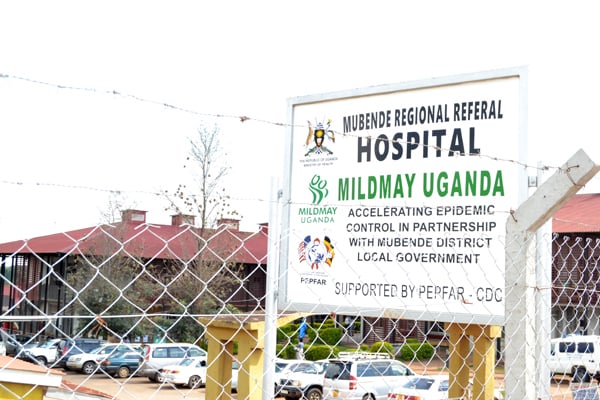Prime
US asks ministry to block Ebola contacts from flying

The contacts are expected to be isolated for 21 days before flying to the United States.
What you need to know:
- The contacts are expected to be isolated for 21 days before flying to the United States.
The Health ministry has said the United States government asked them for names of contacts of Ebola patients so they can be barred from travelling to their country to prevent the spread.
Dr Henry Mwebesa, the Director General of Health Services at the ministry, made the revelation yesterday.
“We have not had any direct discussion with the US government regarding those restrictions [against passengers from Uganda over Ebola]. Part of the information I got from them [US] is that they will be interested in us indicating to the airport the people who have been in direct contact with Ebola [patients],” he said.
Dr Mwebesa added: “And if those people are known, then they are prevented from flying by indicating to the airport. The person should be isolated for 21 days before flying out.”
He said at least two countries are also asking for an Ebola-free certificate for people coming from Uganda.
“We have not been giving Ebola-free certificates, but we will consult with the World Health Organisation. I don’t know what it means. Do I need to test somebody first and give you an Ebola-free certificate? Do I need to indicate that you have not been in contact with somebody who has Ebola?” he asked.
Dr Mwebesa and other government officials have, however, protested the restrictions, saying the move is uncalled for.
“The US is part of our taskforce here, so they know everything we are doing and we are controlling the situation very well. I know they are also seeing that the number of infections are going down and I am sure they will relax the restrictions,” he said.
Dr Monica Musenero, the Minister of Science and Technology, concurred with Dr Mwebesa.
“Ebola is a disease that we understand how it spreads. If a person has been in contact, there are enough measures that can be put in place. Unless there is an uncontrolled spread, which Uganda is very far from reaching, we don’t need to limit movement,” Dr Musenero said.
She added: “We don’t need to limit movement in the other parts of Uganda. We may advise for limitation of movement in the areas where many cases are occurring but there is no need to ban Ugandans from going to other countries because there are enough measures.”
The US announced last week that all US-bound passengers who have been in Uganda in the 21 days prior to their arrival will be routed to one of the five airports for enhanced screening.
It is unclear whether the restriction has been tightened following the increasing number of Ebola deaths in the country to 19 and infections at 54.
Similarly, the UK government, in an October 6 statement on their website, alerted health workers and heads of hospitals in their country to pay attention to those who are coming from “affected areas.”
Mr Emmanuel Ainebyoona, the Health ministry spokesperson, said 1,049 contacts of Ebola patients have been listed with 35 percent followed.
He also expressed reservations about the Ebola-free certificate.
“The Ebola-free certificate is not necessary. I think the certificate they want is simply to indicate that someone is not from a risky place or is not a contact [of Ebola victim],” he said.
The Uganda Civil Aviation Authority head of communication, Mr Vianney Luggya, said they have not received specific information about restrictions in Qatar, which some people claim is also requiring an Ebola-free certificate.
“We have not heard of anything like this from any country asking passengers for an Ebola-free certificate, except the US where there is normal screening for signs and symptoms. We are also doing this at the [Entebbe International Airport] on arrival and departure. We look out for signs and symptoms using thermo-scan –temperature screening for all passengers,” he said.




